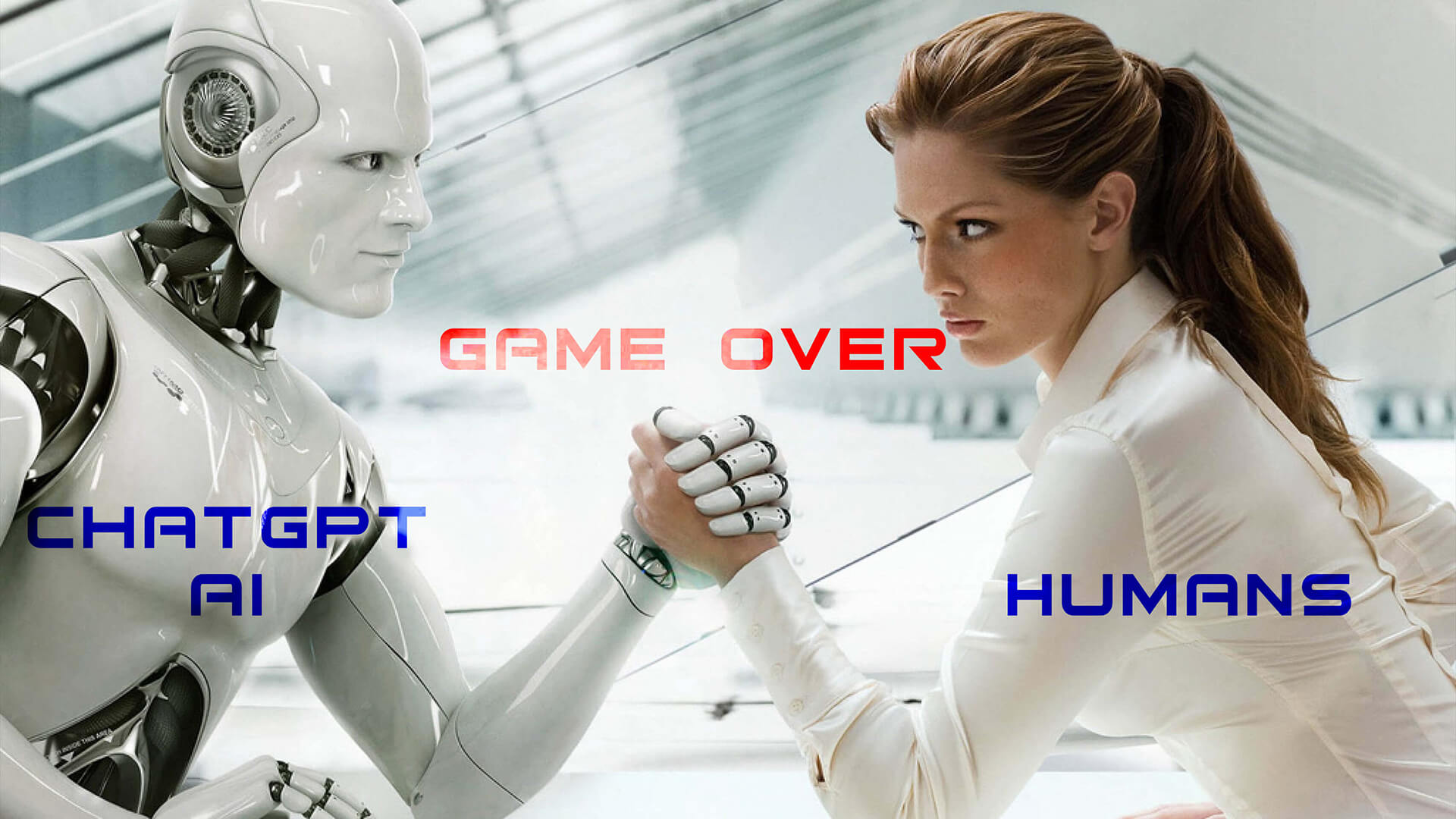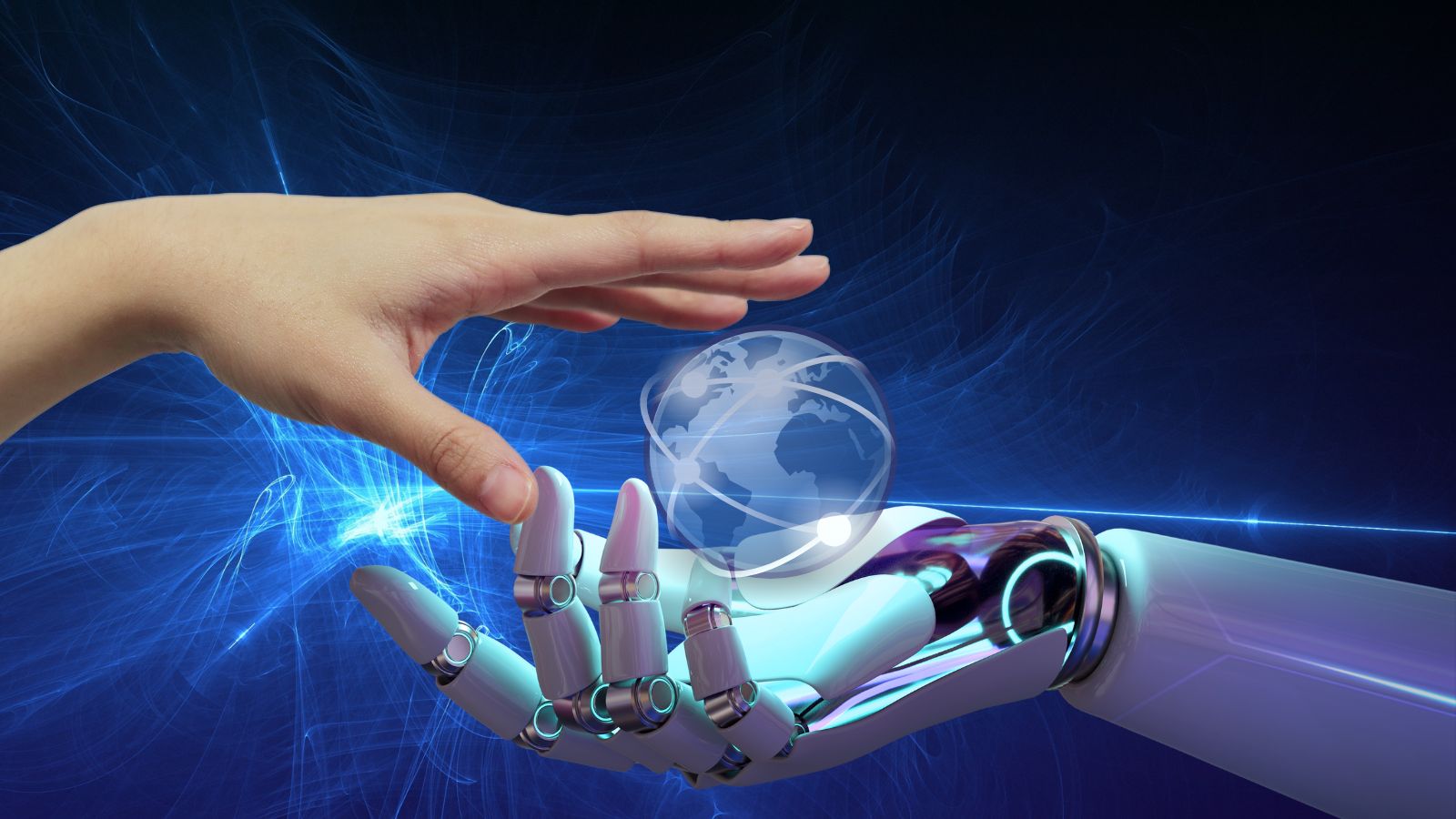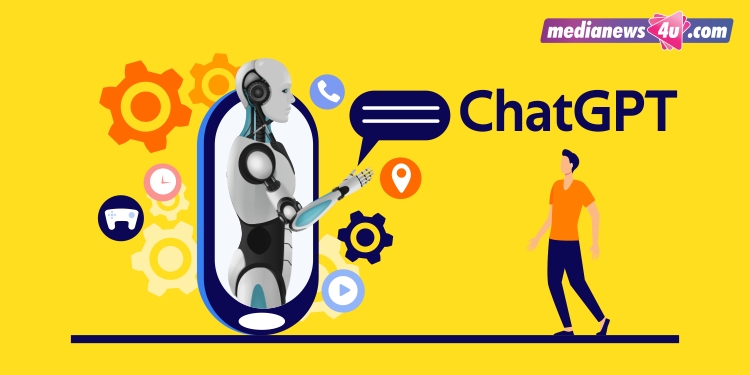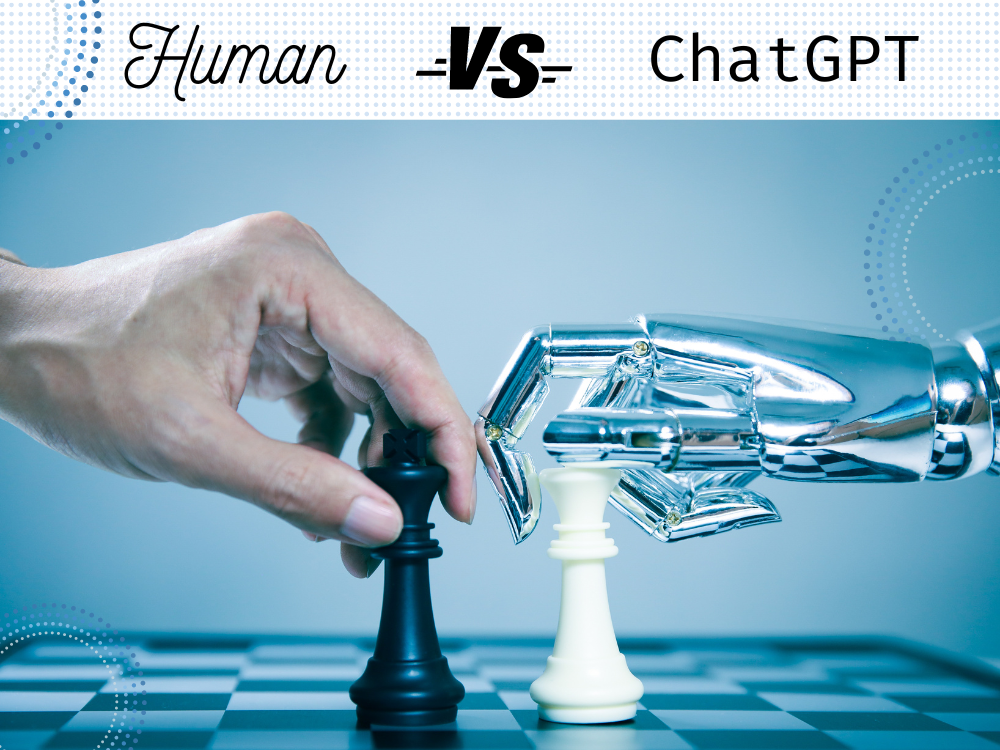The rapid advancements in artificial intelligence (AI) have sparked intense discussions about its potential to replace human roles. While AI exhibits remarkable abilities in tasks like data analysis and automation, it remains limited in replicating the full spectrum of human capabilities.
This exploration delves into the inherent limitations of AI in areas such as human interaction, creativity, critical thinking, and contextual understanding, highlighting why AI cannot fully replace the human factor in various domains.
This examination aims to shed light on the fundamental differences between human and artificial intelligence, emphasizing the irreplaceable qualities that define human cognition and experience. We will explore the nuances of human interaction, creativity, critical thinking, and knowledge acquisition, demonstrating why AI, despite its impressive progress, remains a tool that complements rather than replaces human capabilities.
Limitations of AI in Human Interaction

While AI has made significant strides in various fields, its ability to fully replicate human interaction remains limited. This limitation stems from the inherent complexities of human communication, which extend beyond the realm of logic and data processing.
Empathy, Intuition, and Emotional Intelligence
Human interaction relies heavily on empathy, intuition, and emotional intelligence. These qualities allow us to understand and respond to the nuanced emotions and motivations of others. Empathy enables us to perceive and share the feelings of others, fostering a sense of connection and understanding.
Intuition, often described as a gut feeling, allows us to make quick judgments and decisions based on subtle cues and patterns. Emotional intelligence, on the other hand, involves the ability to recognize, understand, and manage our own emotions, as well as those of others.
AI Struggles with Complex Human Emotions
AI, despite its computational power, often struggles to comprehend and respond appropriately to complex human emotions. While AI can process and analyze large datasets of emotional expressions, it lacks the capacity for genuine empathy and intuition. For example, AI may be able to identify sadness in a person’s speech based on tone and word choice, but it may not be able to fully understand the underlying causes of that sadness or respond in a way that is truly comforting.
Limitations in Building Genuine Relationships and Trust
Building genuine relationships and fostering trust requires a deep understanding of human emotions, motivations, and values. This understanding is essential for establishing meaningful connections and creating a sense of shared experience. AI, while capable of mimicking human conversation and providing personalized responses, often lacks the depth and nuance required for genuine connection.
Creativity and Originality

While AI can mimic and manipulate existing patterns, it lacks the core elements of human creativity. True originality stems from a combination of imagination, inspiration, and personal experiences, which AI currently cannot replicate.
The Role of Imagination and Inspiration
Human creativity thrives on the ability to imagine new possibilities and draw inspiration from diverse sources. We can envision scenarios that don’t exist, blend seemingly disparate ideas, and create novel concepts. For example, the concept of a “flying car” has existed in human imagination for decades, inspiring numerous fictional works.
This concept has driven real-world innovation, leading to the development of electric vertical takeoff and landing (eVTOL) vehicles.
Comparing Human and AI Creativity
- Humans:Human creativity is fueled by a lifetime of experiences, emotions, and cultural influences. We draw inspiration from art, literature, music, and personal encounters, which shape our unique perspectives.
- AI:AI systems rely on data sets and algorithms. While they can generate impressive outputs based on existing patterns, they lack the capacity for genuine originality. Their creations are often variations or combinations of existing data, lacking the depth and nuance of human imagination.
Critical Thinking and Problem-Solving

While AI excels in processing vast amounts of data and performing complex calculations, it falls short in replicating the nuanced and multifaceted nature of human critical thinking. This limitation stems from the fundamental differences in how humans and AI approach problem-solving.
The Limits of AI in Critical Thinking
Critical thinking involves analyzing information, identifying biases, evaluating evidence, and drawing logical conclusions. AI systems, despite their impressive capabilities, lack the ability to truly understand the context and meaning behind the data they process. They are limited by their programming and training data, which may not encompass the full spectrum of human experiences and perspectives.
- Lack of Contextual Understanding:AI systems often struggle to grasp the nuances of human language, cultural contexts, and social dynamics. They rely on patterns and statistical correlations within their training data, which may not accurately reflect the complexities of real-world situations.
- Limited Ability to Evaluate Evidence:AI algorithms can identify patterns and trends in data, but they lack the human capacity to critically evaluate the quality and reliability of information sources. This limitation makes them susceptible to manipulation and biases inherent in the data they are trained on.
- Inability to Generate Original Ideas:While AI can generate variations of existing ideas, it cannot truly innovate or create something entirely new. Its output is based on the patterns and structures it has learned from its training data, limiting its ability to think outside the box and come up with truly novel solutions.
Human Adaptability and Innovation
Humans, on the other hand, possess the ability to adapt to unexpected situations and find innovative solutions. Our cognitive flexibility allows us to consider multiple perspectives, challenge assumptions, and generate creative ideas. This adaptability is essential for navigating complex and dynamic environments where AI systems may struggle to keep up.
Human Judgment and Ethical Considerations
Beyond the technical limitations, AI systems also lack the human capacity for ethical judgment and decision-making. Ethical considerations are often intertwined with complex social, cultural, and personal values, which are difficult for AI to fully grasp. Human judgment plays a crucial role in ensuring that technology is used responsibly and ethically, taking into account the potential consequences of our actions.
Contextual Understanding and Knowledge Acquisition

Humans possess a remarkable ability to acquire and integrate knowledge from diverse sources, including personal experiences, social interactions, and formal education. This process involves a complex interplay of perception, memory, reasoning, and language comprehension, enabling us to build a rich and nuanced understanding of the world.
Understanding Language and Context
Humans excel at understanding the nuances of language, including its meaning, tone, and intent. We can decipher ambiguity, interpret metaphors, and recognize sarcasm, all of which contribute to our ability to engage in meaningful communication. Moreover, we are adept at understanding the context in which language is used, taking into account factors such as cultural background, social cues, and the speaker’s emotional state.
The Human Factor in Innovation and Progress

While AI excels in processing vast amounts of data and executing complex tasks, it lacks the inherent human qualities that drive innovation and progress. Humans possess unique abilities that fuel creativity, critical thinking, and the pursuit of knowledge, all of which are essential for pushing the boundaries of human understanding and advancement.
Human Contributions to Different Fields
The human factor is crucial in various fields, as it brings a unique perspective and approach that AI cannot replicate. Here’s a table showcasing key human contributions in different areas:
| Field | Human Contributions | Examples |
|---|---|---|
| Science | Formulating hypotheses, designing experiments, interpreting data, and developing theories. | Albert Einstein’s theory of relativity, Marie Curie’s research on radioactivity, Rosalind Franklin’s contributions to the discovery of DNA’s structure. |
| Art | Expressing emotions, conveying ideas, creating beauty, and pushing aesthetic boundaries. | Leonardo da Vinci’s Mona Lisa, Pablo Picasso’s Guernica, Beethoven’s Symphony No. 5. |
| Technology | Conceptualizing new ideas, designing solutions, collaborating with others, and adapting to changing needs. | The invention of the internet, the development of the smartphone, the creation of artificial intelligence itself. |
The Importance of Human Curiosity and Exploration
“The important thing is not to stop questioning. Curiosity has its own reason for existing.”
Albert Einstein
Human curiosity is a driving force behind innovation. It compels us to explore the unknown, challenge existing paradigms, and seek answers to fundamental questions. This innate desire to understand the world around us fuels scientific breakthroughs, artistic expressions, and technological advancements.
The Role of Human Collaboration and Teamwork
Human collaboration and teamwork are essential for achieving groundbreaking results. By working together, individuals can leverage diverse perspectives, share knowledge, and build upon each other’s ideas. This collaborative spirit is crucial in research, development, and the implementation of new technologies.
| Aspect | Role in Innovation | Examples |
|---|---|---|
| Collaboration | Pooling knowledge, resources, and expertise to tackle complex problems. | The Manhattan Project, the Human Genome Project, the development of the COVID-19 vaccine. |
| Communication | Sharing ideas, feedback, and progress updates to ensure effective collaboration. | Scientific conferences, peer review processes, open-source software development. |
| Teamwork | Combining individual strengths and skills to achieve a common goal. | Cross-functional teams in product development, research groups in academia, collaborative projects in art and music. |
Conclusion

In conclusion, while AI continues to evolve and demonstrate remarkable advancements, it is crucial to acknowledge its limitations in replicating the multifaceted nature of human intelligence. The human capacity for empathy, creativity, critical thinking, and contextual understanding remains irreplaceable, driving innovation and progress across diverse fields.
As AI continues to develop, it is essential to recognize its role as a powerful tool that complements and enhances human capabilities, rather than replacing them entirely. The future of AI lies in its potential to augment human endeavors, fostering a collaborative relationship that harnesses the unique strengths of both humans and machines.
FAQ Overview
Can AI ever truly understand human emotions?
While AI can process and analyze emotional data, it lacks the inherent capacity for genuine empathy and emotional intelligence. Humans experience emotions in a complex and nuanced way, influenced by personal experiences, social interactions, and cultural context. AI, despite its advancements, cannot fully replicate this intricate emotional landscape.
Is AI capable of original thought?
AI systems are trained on vast datasets, enabling them to generate outputs that may appear original. However, their “creativity” is limited to recombining and manipulating existing information. True originality often stems from human imagination, inspiration, and the ability to connect seemingly disparate ideas, which AI currently lacks.
How does human judgment differ from AI decision-making?
Human judgment involves considering ethical implications, social context, and potential consequences, often relying on intuition and experience. AI, while capable of analyzing data and making decisions based on algorithms, lacks the nuanced understanding of human values and the ability to adapt to unforeseen circumstances.
